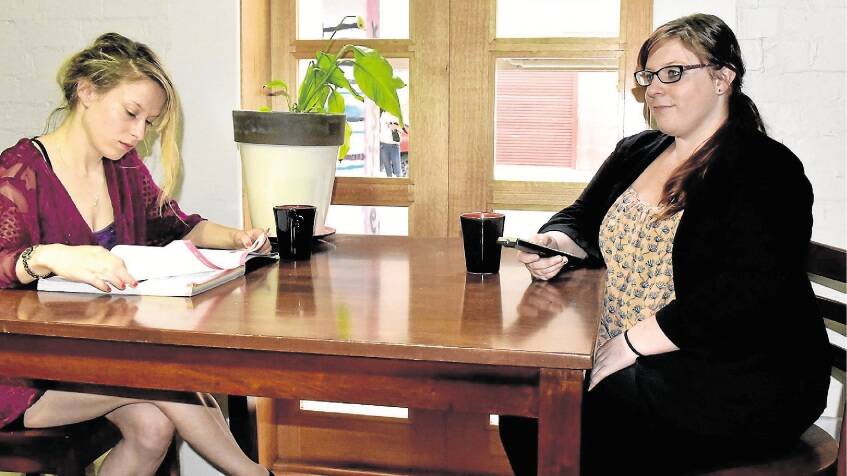
STATE advocacy groups say a landmark report linking domestic violence and youth homelessness reflects the Tasmanian experience.
Subscribe now for unlimited access.
$0/
(min cost $0)
or signup to continue reading
The Cost of Youth Homelessness in Australia found nearly 40 per cent of homeless youth have had police intervene in violence between their parents.
Launceston City Mission's Brian Roach said domestic violence was a major factor in youth homelessness.
"And we probably need to be addressing domestic violence in the first place," he said.
"There's not a lot of help out there for males who have trouble controlling their emotions."
Shelter Tasmania executive officer Pattie Chugg said family violence, along with family breakdowns and violence, was driving young people away from their homes.
"Young people want to stay at home but it's about them being safe," she said.
Ms Chugg said the Swinburne University report was important because it highlighted the economic cost of youth homelessness.
A quarter of Tasmania's homeless are under 25, and without a stable home to live in their prospects are severely challenges.
"Once people are homeless and facing disadvantage, their education and chance of gaining employment are much more at risk," she said.
That's why supported accommodation facilities like Launceston's Thyne House were so important in tackling the issue, she said. Des Dusautoy and Carlatina Urquhart are two of 30 tenants at Thyne House, which provides longer-term, stable accommodation for young people.
Both agree that the support at Thyne has allowed them to focus on their life goals.
Ms Urquhart went to Thyne after the domestic violence of neighbours drove her from her Launceston unit.
She initially ended up in short-term accommodation.
"Every day I was stressed out thinking 'where am I going to sleep tonight' and that made me really ill," she said.
"Coming to Thyne House was a weight lifted off my shoulders." She's now study a diploma in childcare.

